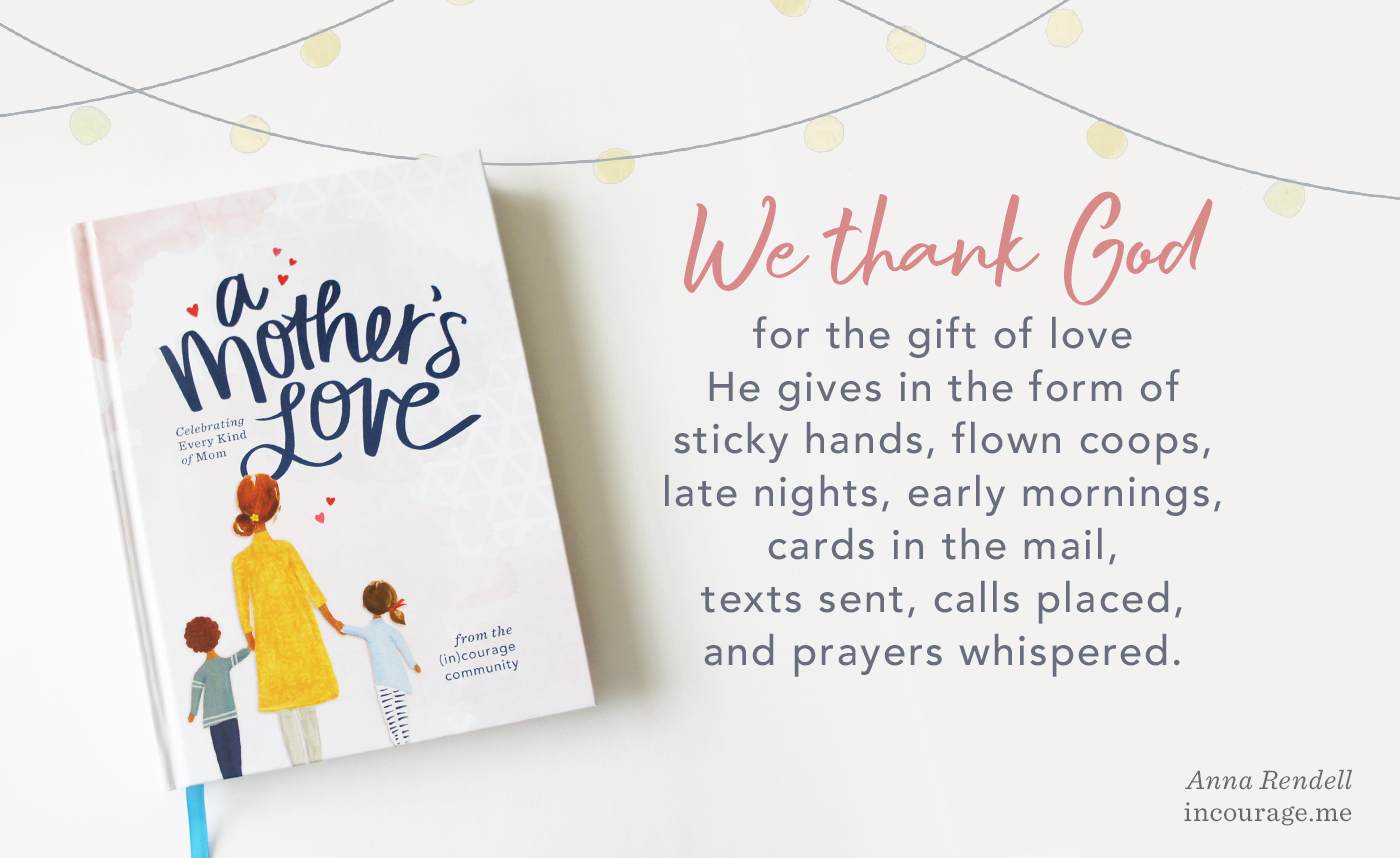She sits before me in the teal velvet chair in my bathroom. Methodically, I separate her thick hair — the color of the night sky — into sections. I pin the top half up so I can begin curling the bottom layers.
My fingers fly, winding each smaller section of hair around the curling wand. I let it sit just until it steams a bit. Then I let it go, releasing gently. A springy curl bounces before me.
Separate, curl, release, repeat.
My bedroom is brimming with laughter as half a dozen girls get ready for their Senior Prom. In another chair, one girl is getting her makeup done by a different friend while she chats with my daughter. A couple of girls sit in the corner, catching up near the charcuterie board piled with savory and sweet snacks. Taylor Swift is playing in the background, singing something about holding onto memories and never growing up.
My eyes linger over my oldest girl’s face. Her smooth skin is like a chai latte with those freckles adding just the right spoonful of spice to her creamy brown cheeks. Her midnight eyebrows make a dramatic swoop at the corners, framing her cinnamon eyes.
Suddenly, I’m transported back. I’m holding that newborn baby girl to my breast, tracing her eyebrows with my gaze. Tears stream down my cheeks. Maybe it’s the post-partum hormones, but I can’t help myself. My heart races as I think about bringing a beautiful baby girl into the cruel and often unforgiving world.
What will be her challenges? What heartaches will she face? Will I be able to protect her, love her, raise her as my heart desires?
My heart fills with emotion like an ocean wave — swelling, swirling, and unabashedly spilling into a new season called mothering. I’m at once rejoicing and terrified, teetering with trepidation at the prospect of it all.
That was 17 years ago. And this month, that baby girl is graduating from high school. Time wrinkles and folds. Just yesterday I was nursing her and now she needs me to curl her hair for the prom. In just a few months, she will be leaving for college on the other side of the state.
When my husband was diagnosed with cancer at this time 10 years ago, I experienced something I didn’t have language for then. I now know it was anticipatory grief. These are feelings of grief that happen before a loss actually occurs.
When we received his stage four cancer diagnosis, I began to feel a slow ache growing deep inside me. I didn’t know what was to come.
During those months, I slept very little. I cared for my beloved around the clock as the cancer coursed through his body. When friends and family members came to relieve me, I could never really rest because I was so fraught with anxiety. The anticipation of losing him felt somehow weightier.
When he soared to heaven three months after his diagnosis, my oldest girl was only eight. I never dreamed God would use that tragedy to tether all of us so tightly to His heart.
I’ve been in denial for a while, but now I have to name it. The anticipatory grief is starting to return. I wonder if this is how Mary, Jesus’ mother, felt when she held her new baby boy — the Savior of the world — in her arms.
Doctor Luke, in his account of Jesus’s life, gives us some details of how Mama Mary might have been feeling. After Jesus was born and the shepherds and angels came to worship Him, Luke writes that Mary “treasured up all these things and pondered them in her heart” (Luke 2:19 NIV).
In the original Greek, the word synetērei translated as “treasured” in Luke 2:19 means “to preserve knowledge or memories (as for later use).” Mary was savoring and storing up these memories of her son.
This same phrase is used in Luke 2:51. After Mary and Joseph cannot find their young son, Jesus, for three days, they discover He has been at the temple among the teachers. Mary may have been distraught in the moment, but looking back she “treasured all these things in her heart” again. She tucked this memory of her boy away in the treasure chest of her mind.
The Greek word symballousa translated as “ponder” in this same passage means to consider or to turn around in one’s mind. I’m learning from Mary’s example — trying not to drown in the waves of grief, but to treasure and ponder what God might be doing in this season of laughter and lament, celebrating and releasing.
I imagine the joy and grief swirled in her heart, ebbing and flowing like ocean waves throughout Jesus’ life. Mary, too, must have experienced anticipatory grief. She may not have understood it all, but she knew her son was born to save and suffer. She mothered, holding His calling in her weathered hands and tender heart.
As we step into a month full of festive awards nights, senior celebrations, and graduation for our daughter, the grief gathers quietly at the base of my throat. I anticipate the loss, but I also celebrate my girl spreading her wings and soaring into her next chapter of life.
Friend, what milestones or memorials will you mark this month? Are you experiencing anticipatory grief in any areas? Share in the comments.
Let’s treasure and ponder together what God might be doing in our midst.


